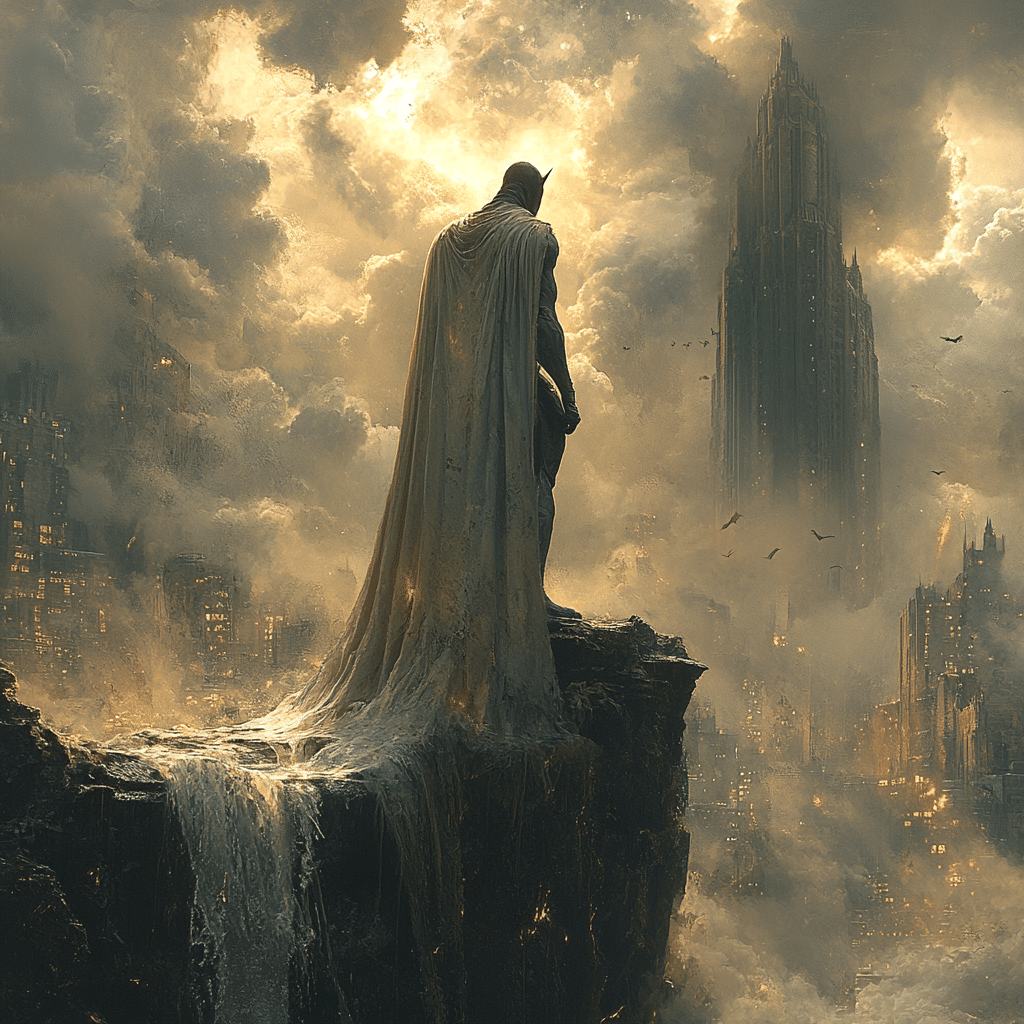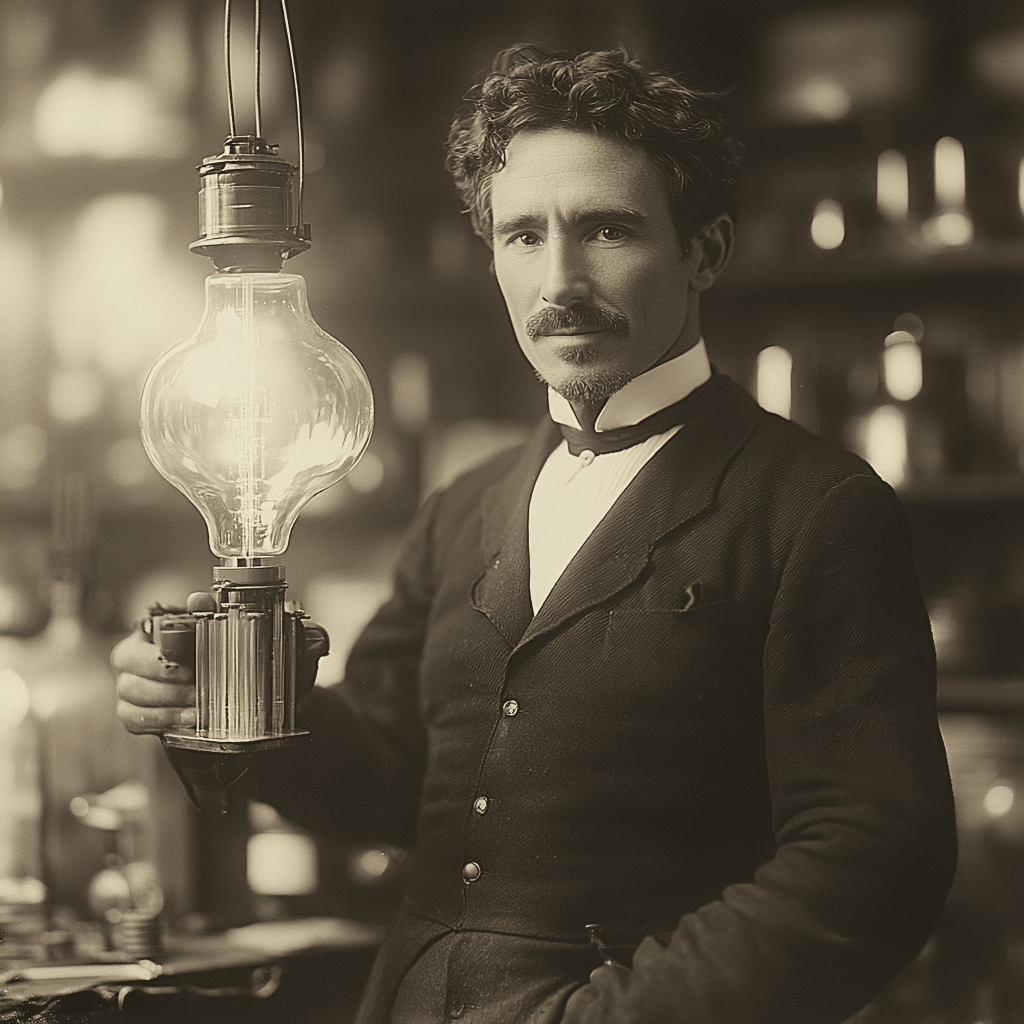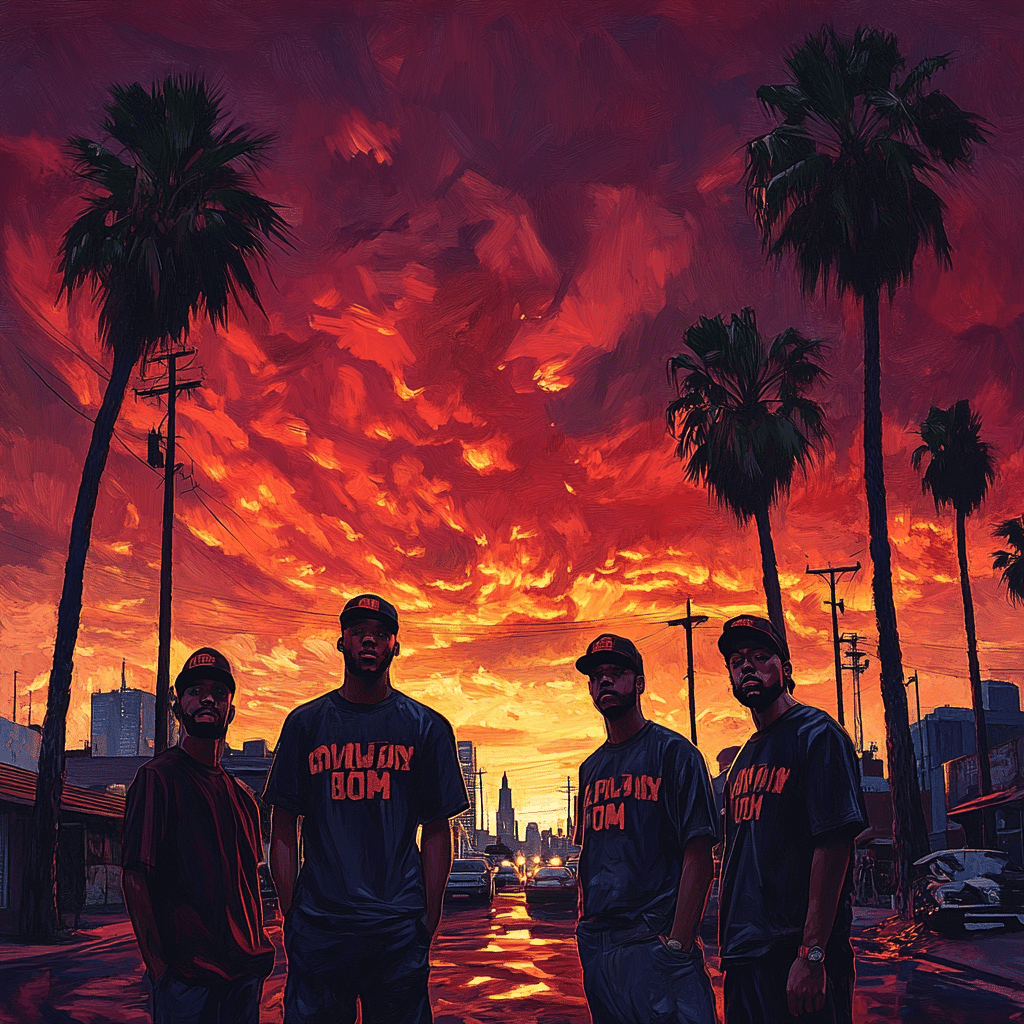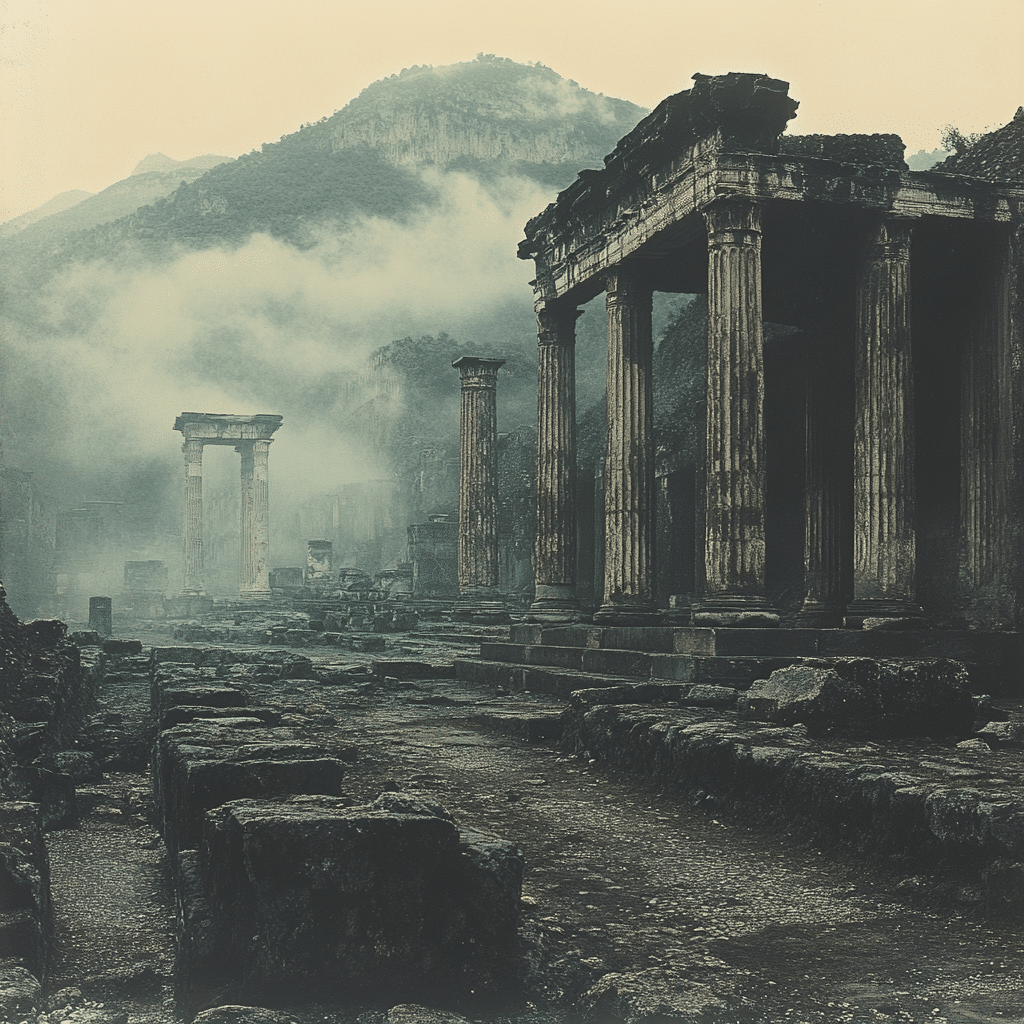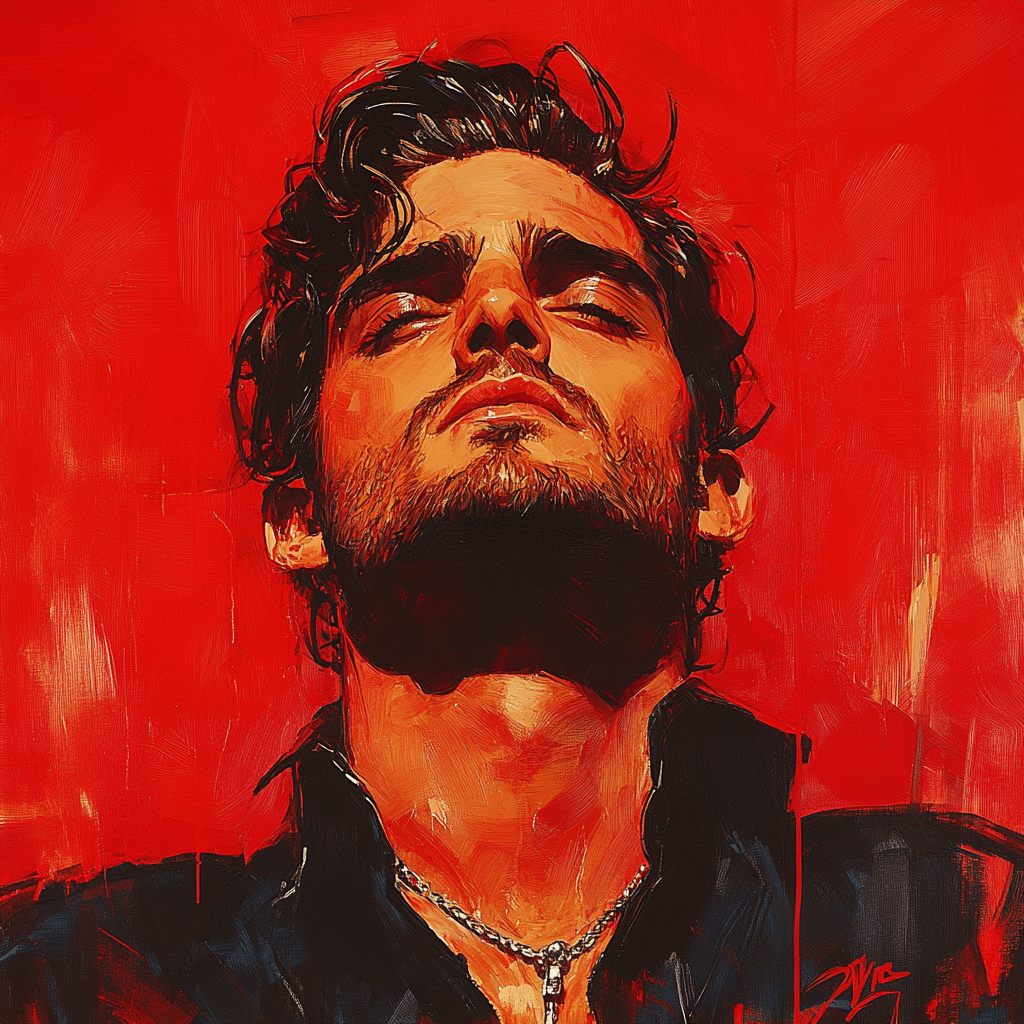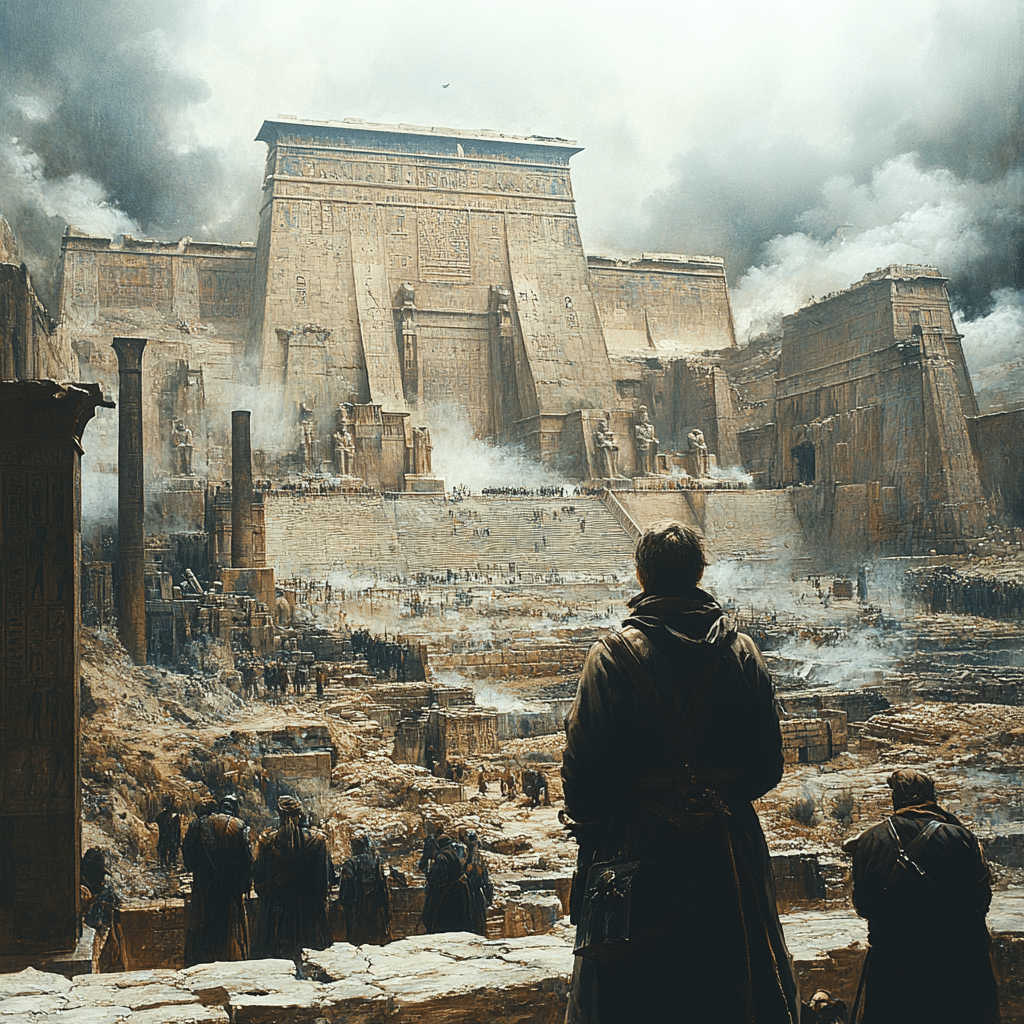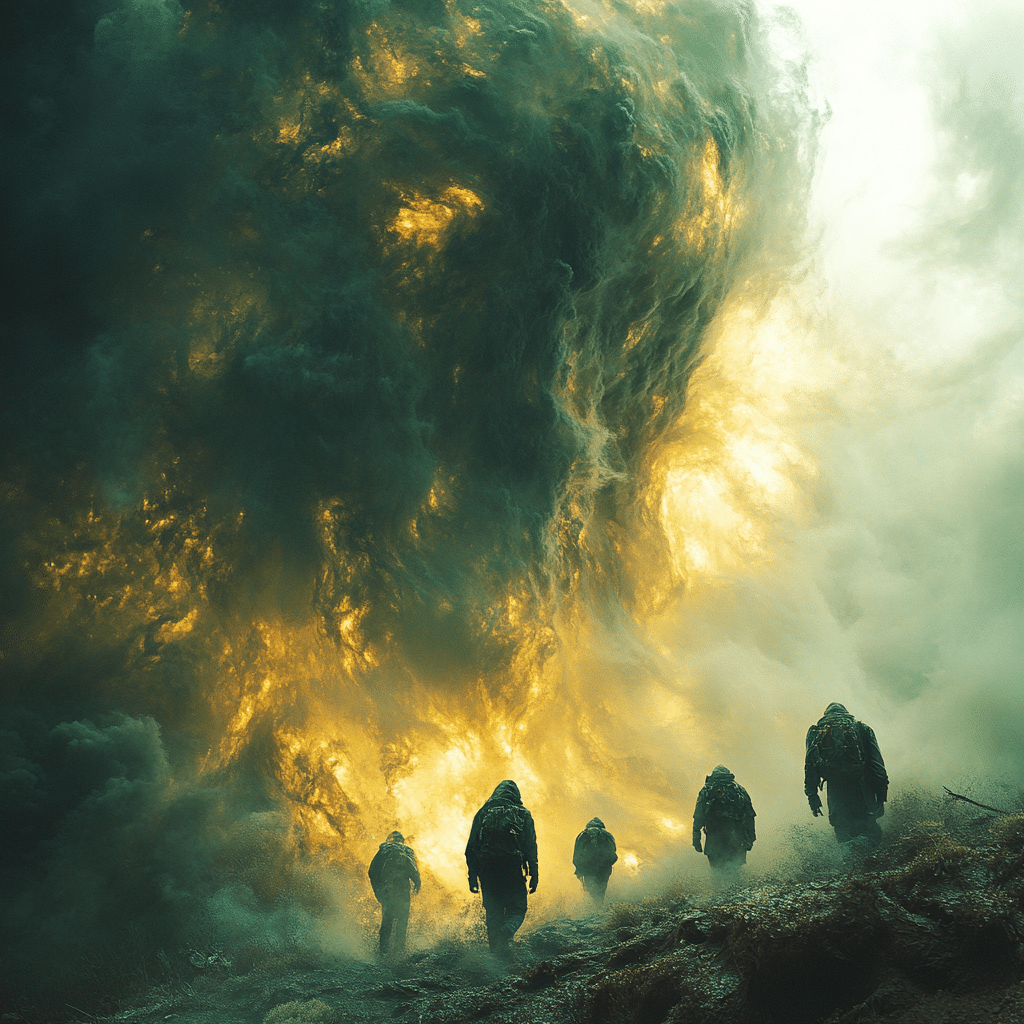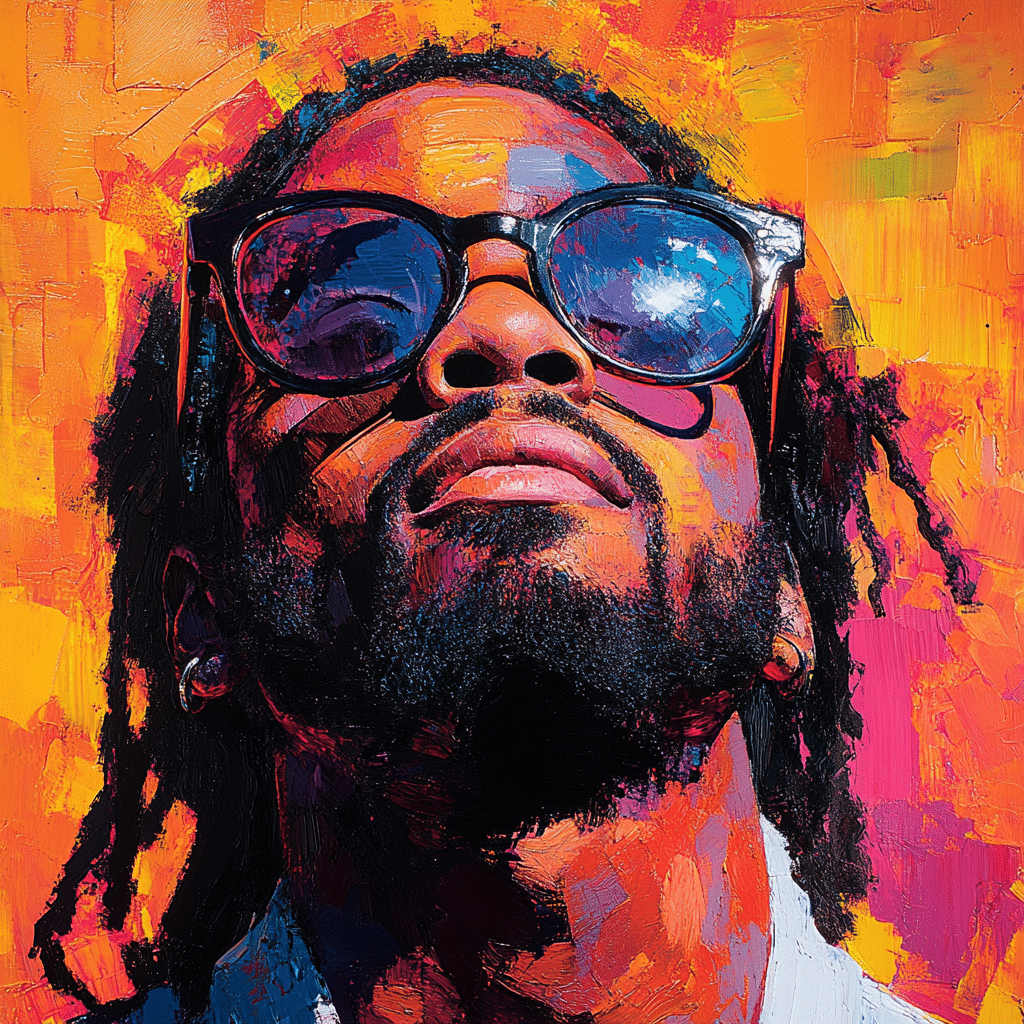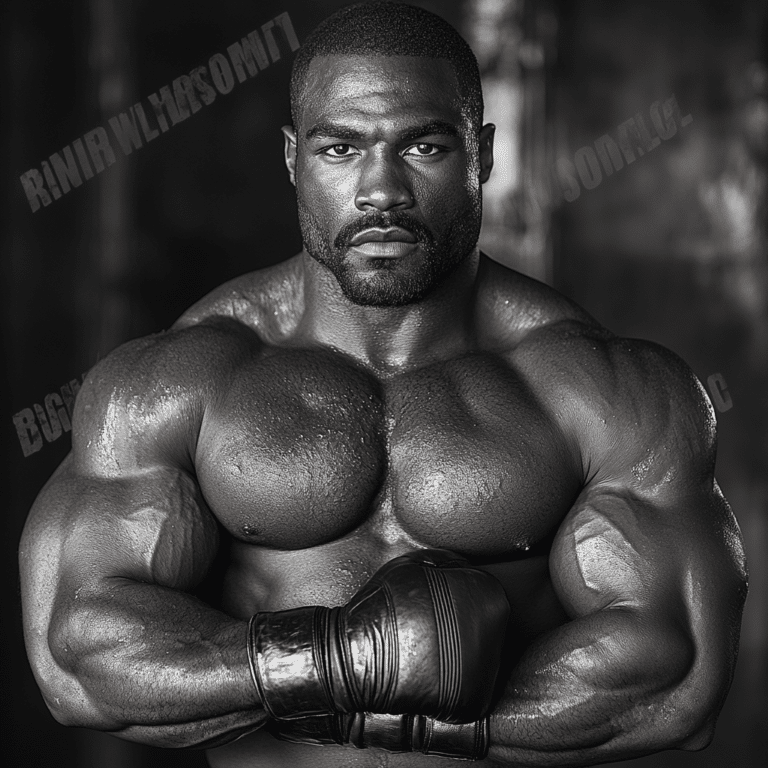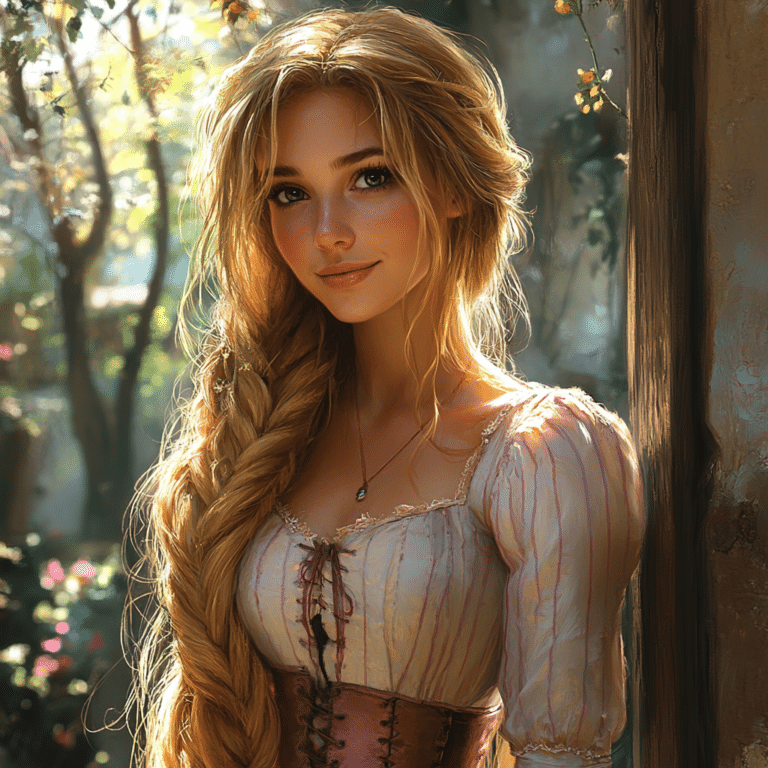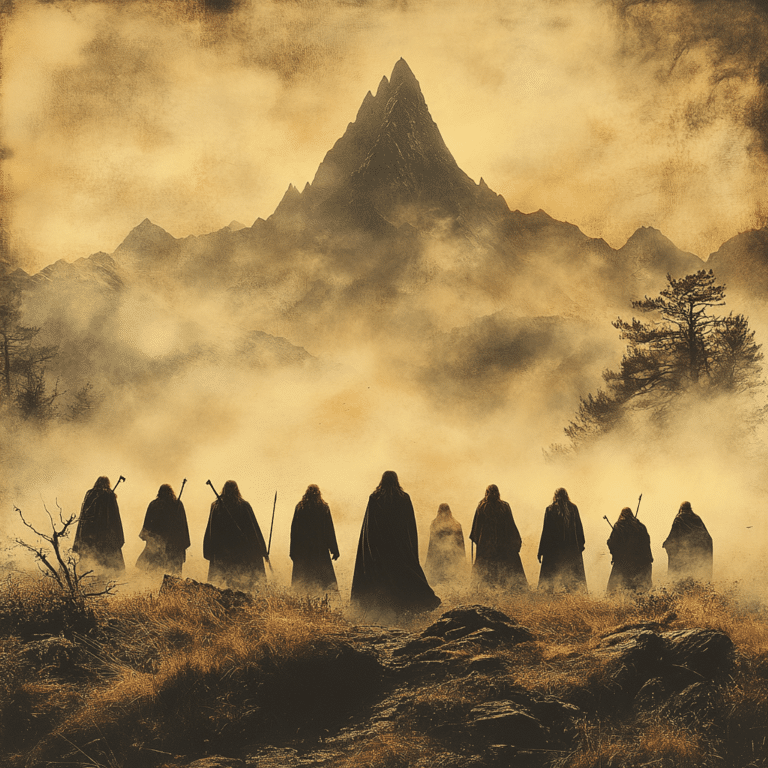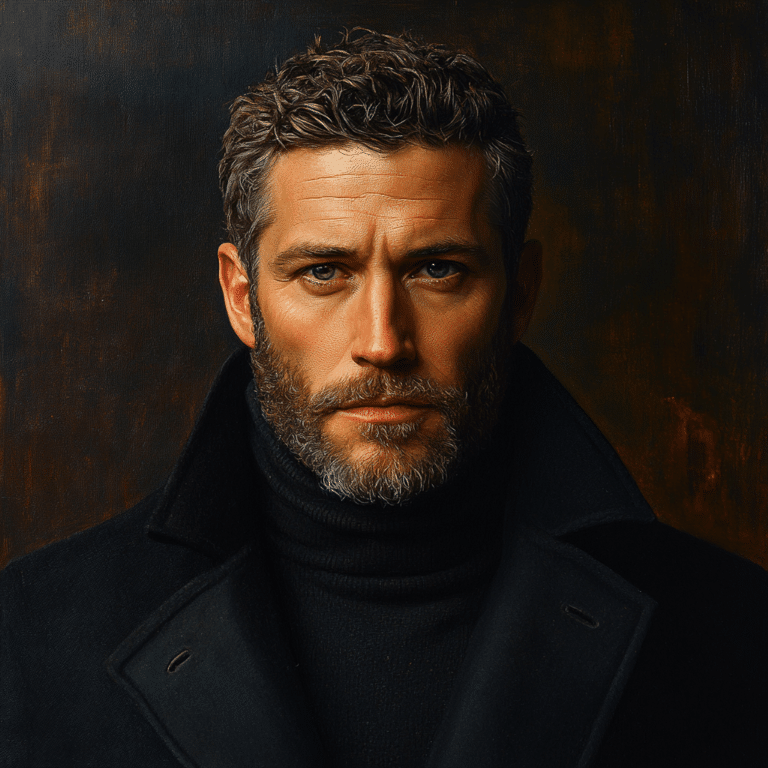The epic of Gilgamesh is one of the oldest known literary works, dating back to ancient Mesopotamia around 2100 BCE. This towering figure is not just the protagonist of a grand narrative; he embodies the human aspiration, fear, and the age-old quest for immortality. If you think heroes can only wear capes or wield lightsabers, buckle up, because Gilgamesh’s journey transcends time, much like the intricate character of Hannibal Lecter, known for his complexity and moral ambiguity.
When we dive into Gilgamesh’s world, we’re not just flipping through dusty pages of history. We’re exploring a captivating tale featuring friendship, mortality, and the eternal pursuit of significance that resonates with our own aspirations—even if ours don’t involve slaying monsters in a magical forest.
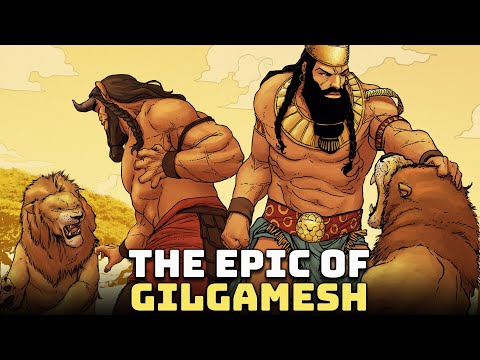
7 Essential Traits of Gilgamesh that Define a Hero
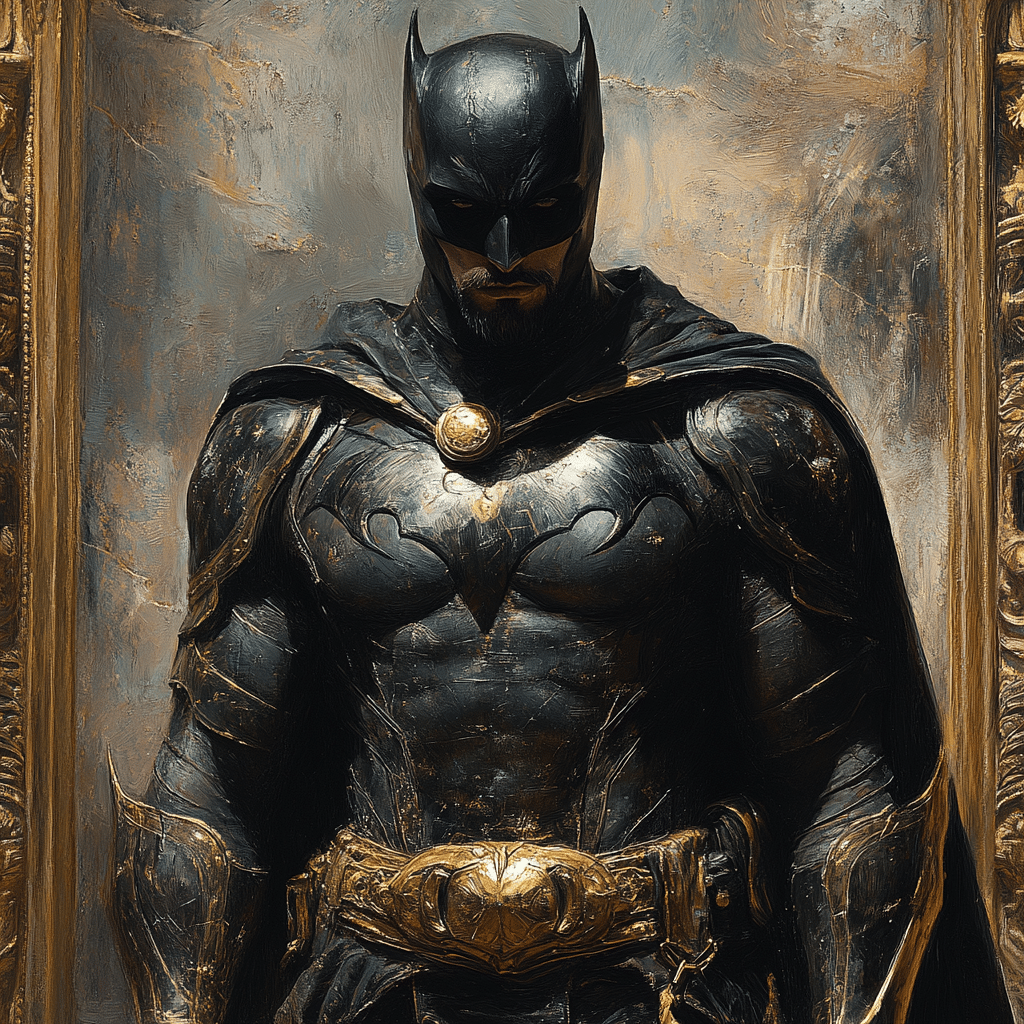
1. Superhuman Strength and Power
Gilgamesh struts onto the scene as a two-thirds divine and one-third human entity, which basically makes him a superhero of the ancient world. This hybridization grants him extraordinary strength, and boy, does he put it to use! He protects his city, Uruk, and demonstrates his brawn in epic skirmishes against formidable foes like Humbaba, the monstrous guardian of the Cedar Forest. Just picture it: an ancient warrior grappling with a giant beast in a quest that puts any modern superhero flick to shame!
2. The Journey for Friendship
Initially, Gilgamesh is somewhat of a tyrant, ruling Uruk with an iron fist. But every hero needs a sidekick, right? Enter Enkidu, Gilgamesh’s equal and counterbalance. Their unexpected friendship, born out of conflict, unveils deep connections that drive their adventures. It’s a bit like the complex relationship between Clarice Starling and Hannibal Lecter, where partnerships shape the characters’ journeys. Gilgamesh learns that true strength is not just in power, but in forging bonds that uplift and challenge him.
3. The Quest for Immortality
At the heart of Gilgamesh’s saga lies an obsessive quest for immortality, spurred by the devastating loss of his friend Enkidu. Seeking answers, he embarks on a journey to find Utnapishtim, the man who survived a great flood and, spoiler alert, achieved eternal life. This literally and metaphorically reflects our struggle with mortality, akin to Hannibal Lecter’s contemplative insights on life and death from The Silence of the Lambs. They both wade through thoughts that can be dark, yet illuminating, leaving us with more questions than answers about the human experience.
4. Confrontation with Fate
Gilgamesh’s adventures constantly pit him against gods and fate, symbolizing humanity’s timeless struggle. His battle with destiny is a lesson we all can relate to. Much like characters in crime dramas who face their inevitable consequences—think Lecter locked away while sharing his twisted wisdom—Gilgamesh realizes death is a natural part of life. In accepting this, he strides closer to wisdom, reminding us that every push against fate is part of our evolution.
5. Divine Intervention
The influence of gods on human affairs is a significant theme in the Epic of Gilgamesh. Deities like Shamash and Ishtar shape Gilgamesh’s journey, often steering him toward his destiny. This belief in divine power can be likened to the manipulative charm of Hannibal Lecter, whose actions control the people around him with a godlike grip. Whether ancient or modern, the interplay of divine and human will proves to be a thrilling narrative force.
6. Legacy and Civilization Building
Not only is Gilgamesh a formidable warrior, but he’s also credited with revolutionizing the city of Uruk. He’s the genius architect behind many of its monumental constructions, leaving a legacy that embodies the spirit of progress. This hunger for a lasting mark on society mirrors figures like Hannibal Lecter, whose history sparks both reverence and fear. They both remind us how legacies not only shape societies but also evoke complex emotions.
7. Transformation through Grief
The death of Enkidu transforms Gilgamesh from a heavy-handed ruler into a wise leader. Navigating the depths of his sorrow allows him to embrace his humanity, much like characters who grow from their heart-wrenching experiences—as seen with many characters in films and stories. This kind of emotional evolution shows that pain can lead to enlightenment, adding layers to both Gilgamesh and complex figures like Lecter, whose intertwined darkness and insight make them fascinating to analyze.
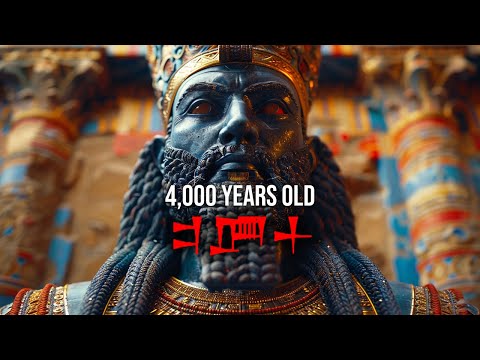
Legacy of Gilgamesh in Modern Media
The epic of Gilgamesh doesn’t just sit dusty on a shelf. Its influence resonates in modern literature and film, speaking to themes of duality—strength versus vulnerability, power versus compassion. Take The Lion King, for example. Simba’s journey of loss and growth embodies a narrative arc strikingly similar to that of our hero Gilgamesh, challenging the audience to reflect on life’s essential lessons.
Furthermore, relics of Gilgamesh’s essence seep into contemporary cinematic portrayals, echoing the intricacies of characters like Hannibal Lecter. Both figures illustrate how heroism and villainy intermingle, posing fundamental questions about identity, purpose, and the human psyche. Could Lecter perhaps be seen as a modern-day Gilgamesh, navigating his labyrinth of morality? It’s a fascinating notion!
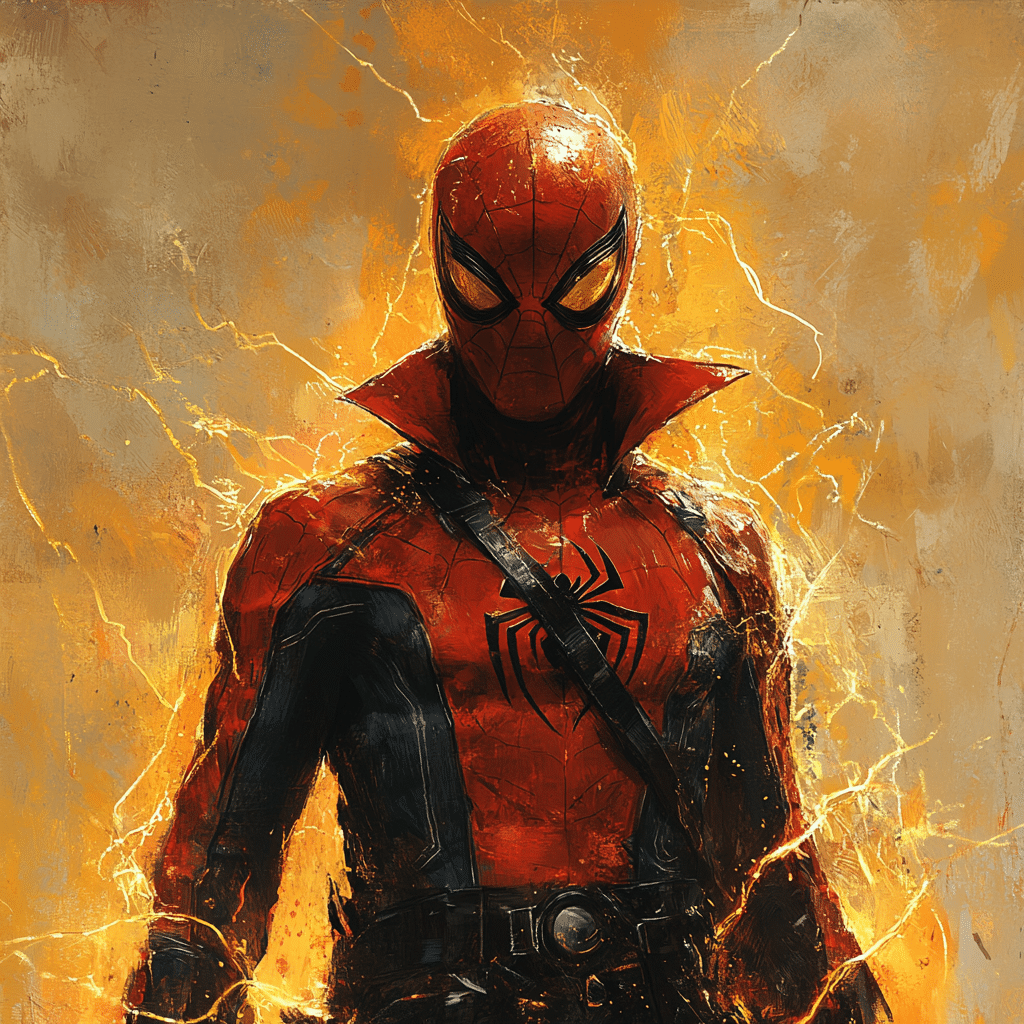
Embracing the Epic’s Relevance Today
The timeless lessons in the epic of Gilgamesh stay ever-relevant. It digs deep into civilization, friendship, and the hustle of life and death. As we grapple with our own mortality, comparisons with dramatized, morally rich characters like Hannibal Lecter remind us of the shadows lurking in our own minds.
Gilgamesh’s tale remains not merely a relic; it challenges us to reflect and enriches our understanding of life in this rapidly changing world. So, whether you’re a history buff, a film fanatic, or someone just hungry for a good story, the legacy of Gilgamesh still invites us to ponder what it means to be human, engaging us in ways that transcend time and culture.
So the next time you’re exploring character development in cinema, or even musing about life’s big questions, remember Gilgamesh! He might not be the first name that leaps to mind, but his story is one for the ages, still relevant in the stories we tell—and the stories we live.
For those looking to explore more character-driven narratives, check out gems like Animal House or the psychological depths of Detroit: Become Human. And if you’re curious about modern figures who not only inspire but also challenge perception, look up Alissa Heinerscheid or Aya Cash—you might just find heroes and anti-heroes that resonate in today’s pop culture!
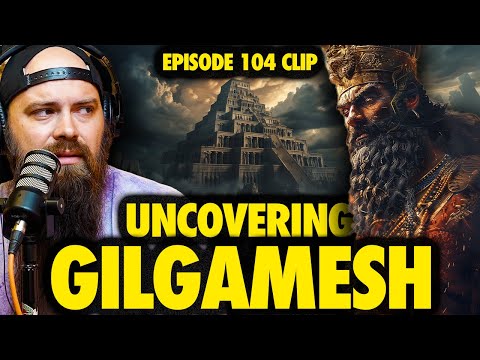
Gilgamesh: Legendary Hero of Ancient Mesopotamia
Epic Adventures in Time
Did you know that the story of Gilgamesh is one of the oldest literary works in history? Dating back to around 2100 BC, this epic poem is like a window into the past, showcasing the adventures of a hero who’s both divine and human. Gilgamesh is a king of Uruk, and his escapades include battling monstrous creatures and embarking on epic quests that teach him about friendship, mortality, and the value of human experience. It’s fascinating to think that while Detroit Become Human explores the future of humanity, Gilgamesh offers a reflection on our origins.
The Historical Impact
The influence of Gilgamesh extends well beyond its pages. Not only did it inspire later literature and religion, but it also impacted the cultural fabric of the societies that followed. Artistic interpretations continue to surface, and feel free to check out a makeup artist near me to bring your favorite characters from the epic to life at cosplay events. Imagine stepping into a role where you channel your inner Gilgamesh, fighting alongside Enkidu to take down a giant and maybe even exploring the vast beauty of ancient Mesopotamia.
Iconic Themes
One of the most intriguing themes in the story is the quest for immortality. When Gilgamesh grapples with the death of his friend Enkidu, he sets off on a journey that resonates deeply with readers today. His struggle is akin to a modern wrestling match, where one might think of the legendary Mick Foley, facing insurmountable odds. The tale also highlights the importance of friendship, echoing through time like the enduring popularity of shows featuring the cast Of Juror no 2, who must navigate their own trials and tribulations in their quest for justice.
In conclusion, Gilgamesh serves as a timeless reminder of the challenges and triumphs we face, both in ancient times and today. Its reach into various cultures is as vast as the ancient deserts of Mesopotamia, and just as diverse as the style of the ufo robot Grendizer series. When reflecting on these narratives, it’s clear that stories like Gilgamesh continue to inspire new generations, keeping the spirit of the hero alive through the ages.
